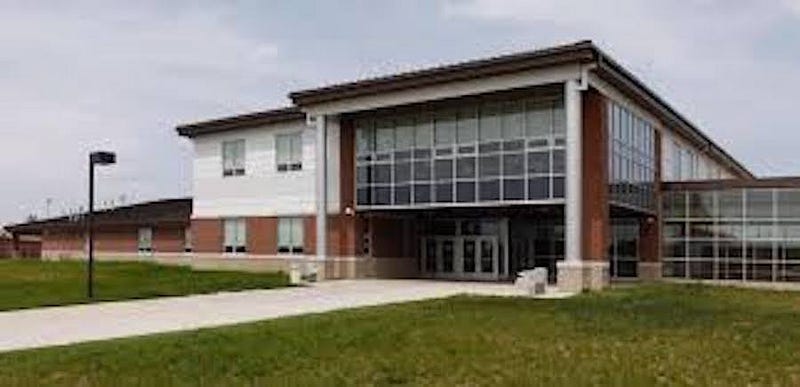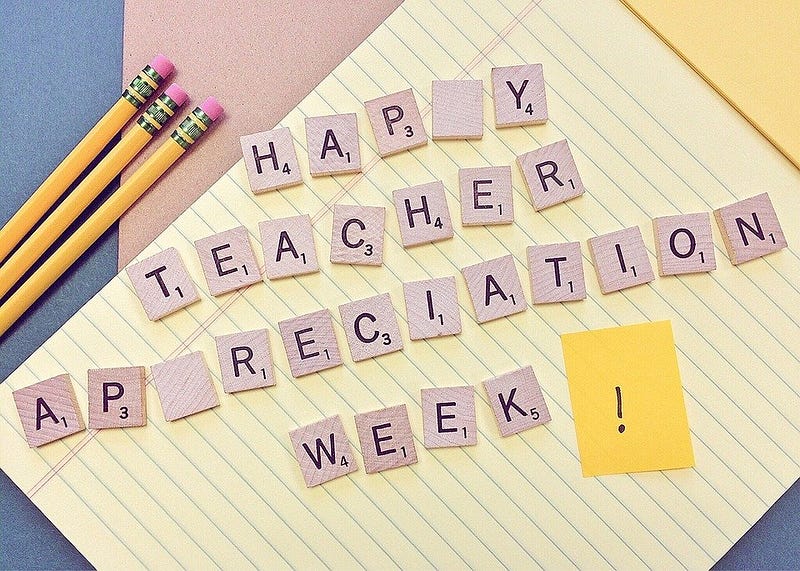Most kids in public schools stay in the same district from preschool to graduation. But some students have a very different experience.
Military schools are called DoDEA (Department of Defense Education Activity) schools. We have two here in Kentucky: Fort Knox and Fort Campbell. Some may say military schools are uniquely challenging, since their students are the kids of active military and spend most of their life traveling between different schools in different places.
A big part of school is your social life. At school, you make friends and develop strong bonds. But a person who is constantly traveling and moving — how can they form these strong bonds to last a lifetime? Almost all military kids will tell you it’s the hardest thing to do. You never know when you might be saying those goodbyes. But at DoDEA schools, everyone is in the same situation and knows how it feels.
Aiden, a junior who attended military schools from kindergarten to fifth grade before starting public school in Kentucky, attended a DoDEA school in South Korea. “It’s hard to get close to someone when you know you’re going to leave them,” he said. However, he pointed out that he had made some of his best friends by going to DoDEA. Even though they might be in different parts of the country or world, he maintains some form of contact with almost every friend he has made.
“It’s hard to get close to someone when you know you’re going to leave them.”
A teacher at a DoDEA school, who is a former DoDEA student herself, said that she has seen a positive effect on the kids’ social lives because they see different places and people from all walks of life, making them better at adapting to new situations and accepting others. “The camaraderie tends to be stronger in a DoDEA school,” she stated. The students all share a bond that can’t quite be understood by those who don’t live the same lifestyle.
In what ways are military schools different from public schools? DoDEA’s website claims that “DoDEA schools truly work to build a global learner, as our students are often stationed in locations across the world.” However, these schools sometimes don’t have the same opportunities as non-military schools. It is harder to build sustaining programs as the population is constantly changing from year to year, forcing the school to rebuild a strong culture and climate every year.
The real question is whether or not kids who are constantly traveling because of the military are at an educational disadvantage. Most of the students I interviewed at Fort Knox High School say that they feel like most of the time they are never behind. In fact, they believe they are above their grade level because they are taught to be self sufficient and “take learning in their own hands,” as Nubia, a student who has attended military schools in multiple states, said.
All DoDEA schools follow the same curriculum so it is easier to transfer, and they offer an educational program that students can complete while in the moving process. An additional benefit of being a child of active military members and traveling is that kids are getting education that you can’t get in a regular classroom setting. Students are able to not only learn content but also encounter the cultures and perspectives of people from all around the world.
From talking with the students and teachers, I think that DoDEA schools are great opportunities for children of active military families, and the traveling is an added educational bonus. An outsider looking in may think it’s complicated, but they have this unique connection and way of doing things that only someone within the schools would understand. As Aiden put it, “It’s a lifestyle you get used to, and you start to enjoy it more and more.”


Qhovia Phillips is a rising junior at Elizabethtown High School.
The opinions expressed on the Forum represent the individual students to whom they are attributed. They do not reflect the official position or opinion of the Prichard Committee for Academic Excellence or the Student Voice Team. Read about our policies.











